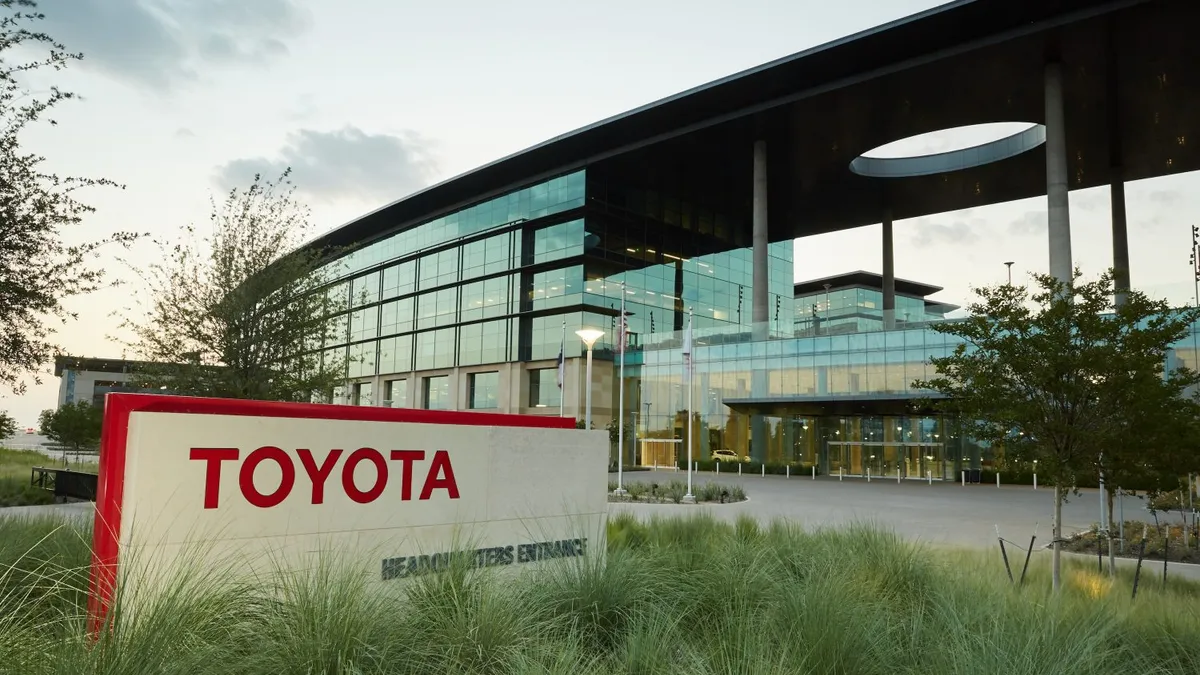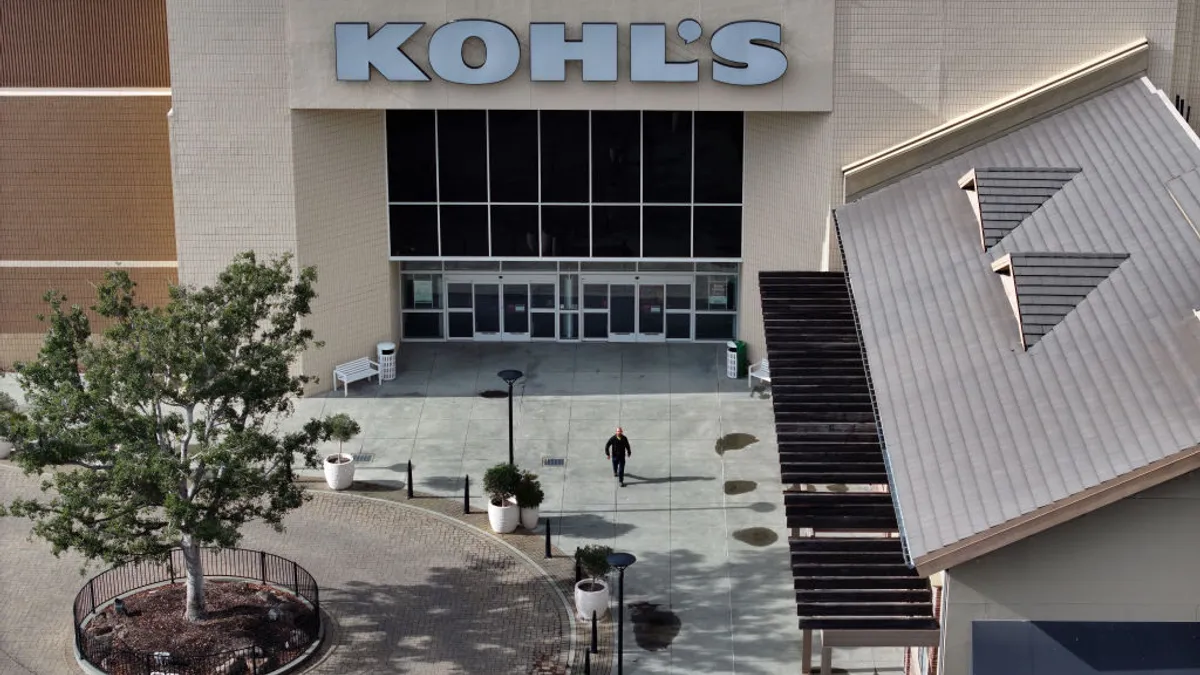Tech pros can live large … unless the bulk of their paycheck goes to paying rent.
It is evident that tech pros aren't necessarily blinded by the golden coast of California. Instead, many are settling in the land of Tar Heels and Longhorns.
A city's ability to attract top tech talent is dependent on job opportunity and living expenses — and lately, that opens the door for places other than Silicon Valley, according to a CompTIA report conducted from August 2017 to July 2018 of 20 metropolitan areas.
IT professionals are no longer choosing areas to work solely based on income. "It's the well roundedness of an IT career" that these cities present, said Spencer Bone, director at CompTIA, in an interview with CIO Dive.
Top 10 cities for IT professionals to work and live:
| Rank | City | Median IT pro salary | IT job postings |
|---|---|---|---|
| 1 | Charlotte, North Carolina | $87,755 | 44,464 |
| 2 | Raleigh, North Carolina | $86,944 | 25,633 |
| 3 | Austin, Texas | $82,285 | 37,551 |
| 4 | San Jose, California | $122,242 | 95,748 |
| 5 | San Francisco | $110,448 | 112,388 |
| 6 | Dallas-Fort Worth | $84,614 | 108,975 |
| 7 | Seattle | $109,741 | 67,579 |
| 8 | Denver, Colorado | $90,958 | 50,897 |
| 9 | Atlanta | $82,077 | 76,483 |
| 10 | Huntsville, Alabama | $91,998 | 10,920 |
SOURCE: CompTIA Tech Town Index 2018.
IT job posting data from August 2017 to July 2018
What do most these cities have in common? They're college towns.
Companies want to establish locations that naturally offer up educated talent, but that doesn't mean they are only looking for younger, new graduate talent.
College towns typically have more money to put into projects, according to Bone. Organizations and individual donors are more likely to sponsor and provide avenues for exploration and creativity.
Having a technology workforce in some of these areas, albeit unexpected, can help spur innovation. These cities also are helping "fill the confidence gap," to train or upskill existing working professionals, said Bone.
People who did not come from a math or science background are more inclined and encouraged to pursue an IT career. Despite these being college towns, the demand of IT and tech jobs is going to outpace what's produced from colleges, according to Bone.
Where the techies are
Living near Silicon Valley is no longer a prerequisite for a lucrative career in technology and that's a very expensive sigh of relief for some.
San Jose and San Francisco round out the top five cities for tech workers. The cities pay an median of about $122,000 and $110,000 for IT professionals, but the cost of living is in San Jose is 43.6% higher than the national average and San Francisco is a staggering 64.2% higher.
To fight losing too much talent to other emerging tech hubs, Silicon Valley embraces more flexible work models. For example, more workers are inclined to choose contracted work in favor of flexible schedules and remote work opportunities.
In just 12 months, Charlotte, North Carolina has seen more than 44,000 IT job postings with an 11% projected growth over the next five years. The median salary in Charlotte is nearly $88,000 and workers are paid $3.61 more an hour compared to the rest of the nation.
A selling point companies and recruiters use to lure talent points out that salaries in the state go farther because the cost of living is 1.3% lower than the national average. Charlotte is one of those untraditional technology hubs because it is helping foster a diverse candidate pool.
Wells Fargo, Accenture, IBM and Duke Energy are among some of the top names hiring IT pros in Charlotte.
Charlotte's neighbor, Raleigh, has an even lower cost of living. It's 3.5% less than the national average. There were fewer job postings in the last year, about 26,000, but the city is also expecting an 11% growth in IT jobs over the next five years.
The North Carolina capital is home to 12 traditional colleges and universities, making it a ripe spot for new graduates' first jobs. Even Amazon knows this. Raleigh sits among the top 20 finalists for Amazon's HQ2.
If Amazon chooses Raleigh for its HQ2, it could compete with SAS Institute, IBM, Red Hat and Verizon for IT professionals.
Austin, Texas also joined Raleigh on Amazon's HQ2 finalist list. Austin's expected growth in IT jobs over the next five years is 15%. The only other city with such a high growth rate is San Francisco.
While the median salary in Austin is a bit lower than the North Carolina cities at about $82,000, the city has top tech companies looking for IT professionals. Dell, IBM, Apple and Amazon are all looking for talent to "keep Austin weird."





















